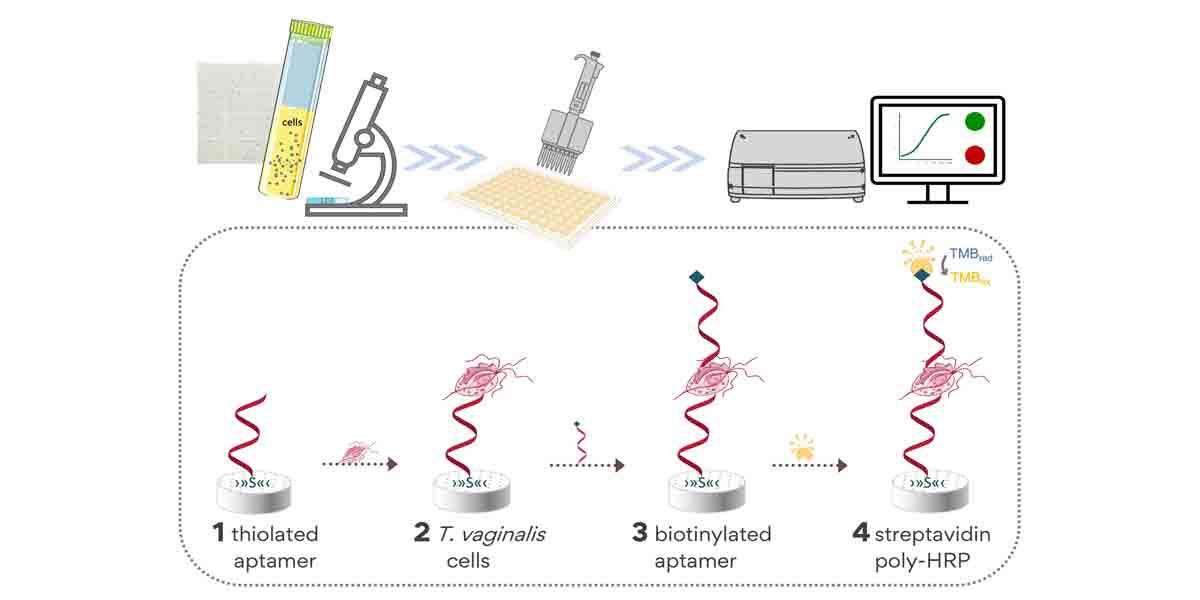
A new study commissioned by the World Health Organization (WHO), and featured in the report “An investment case for new tuberculosis (TB) vaccines”, predicts high health and economic returns from investment in new TB vaccines.
The report highlights that a focus on TB vaccine products that meet WHO preferred product characteristics, could significantly reduce TB incidence and mortality, improve antimicrobial stewardship and health equity, and drive economic growth. A vaccine for adolescents and adults is projected to have greater and more immediate impact than one for infants.
“Investments in safe and effective TB vaccines can protect millions of people from falling ill and dying from TB – a preventable and curable disease, as well as help combat the antimicrobial resistance crisis”, said Dr. Tereza Kasaeva, Director of WHO’s Global TB Programme.
“There are clear economic benefits as well, with the report highlighting that TB vaccines are highly cost-effective in countries with a high TB burden and can be cost-saving. For every US$ 1 invested in the full set of interventions for the adolescent and adult vaccine scenario, we expect US$ 7 in health and economic benefits to be returned to the economy over 25 years.”
The report presented evidence on how a more effective vaccine could deliver higher impact. A TB vaccine for adolescents and adults that is 50% effective in preventing disease could cumulatively avert 37.2–76 million people from falling ill with TB and 4.6–8.5 million deaths between 2025 and 2050.
In comparison, a vaccine that is 75% effective could avert 54–110 million people falling ill with TB and 6.7–12.3 million TB deaths during the same period. Looking at economic benefits, a 50% effective vaccine could save US$ 36.6–41.5 billion in TB-related household expenditure, which helps avert two thirds of catastrophic costs incurred by most people in the bottom wealth quintile.
The same vaccine may offer gains in gross domestic product of US$ 1.6 trillion between 2025 and 2080.
TB is one of the world’s leading infectious killers. In 2021, 1.6 million died from the disease and 10.6 million people fell ill with TB.
Despite being an urgent global health challenge, no new TB vaccine has been licensed since Bacille Calmette–Guérin (BCG) over 100 years ago.
Today there are at least 16 vaccine candidates in the clinical pipeline, but further development of these candidates, or expansion of the clinical pipeline has been challenged mainly due to inadequate financing.
The report concludes that urgent and increased investment in research and development, together with rapid introduction and scaling up of use of vaccines, once available, will deliver maximum public health and economic benefits.






















